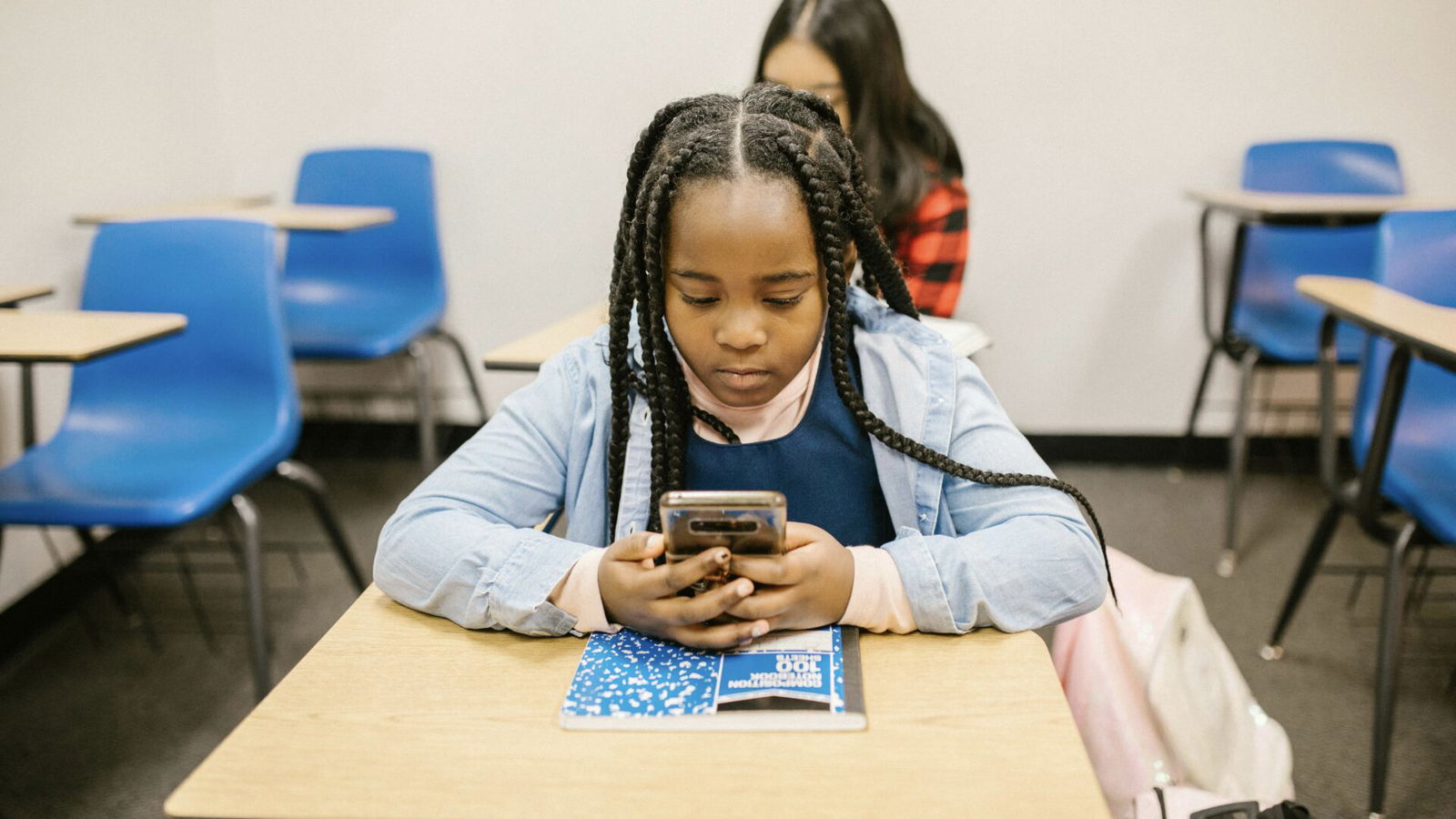
By Kayla DeKraker
So far, 39 states have implemented phone-free requirements for schools, something social psychologist Jonathan Haidt believes will improve the wellbeing of children around the country.
“What gives me hope is that things are changing so fast,” he said in an Instagram video. “The parents all see it, and they’re signing up like, ‘Yes… what can I do?’ The teachers all see it, and they’re like, ‘Hallelujah, we’ve hated this for 10 years.’ The principals are like, ‘It’s been chaos and drama, let’s get rid of phones right now!’ It’s happening around the world.”
Other countries have started implementing similar rules for school-age children.
“Australia just announced they’re going to try to set the age limit to 16, they’re going to try to do age verification and enforce a 16-year age limit for social media,” Haidt said. “The UK is acting.”
Last year, Australian Prime Minister Anthony Albanese said the country’s proposed social media ban “is for the mums and dads… They, like me, are worried sick about the safety of our kids online. I want Australian families to know that the government has your back.” The Australian government is continuing to work on this legislation, although children with parental consent would be exempt.
Related: How Some Teachers Are Combatting The Rise In AI Use in Classrooms
Haidt believes that screen time and social media are among the “top issues” today.
“It’s not just mental illness; it’s a decline in education,” he said of the impact of screens at school. “Education around the world has been dropping since 2012 because everyone’s doing this all day long. It’s a vast destruction of human potential and human capital. We are at the tipping point, and the biggest thing…that can happen is for an entire state to go phone free.”
The Nation’s Report Card supports Haidt’s claim. Educational scores have been steadily dropping for years.
“The average scores for 13-year-olds declined 4 points in reading and 9 points in mathematics compared to the previous assessment administered during the 2019–20 school year. Compared to a decade ago, the average scores declined 7 points in reading and 14 points in mathematics,” The Nation’s Report Card said.
Some of Haidt’s followers pointed out that school-provided tech, like laptops, are also part of the problem.
“Chromebooks have to go! Teachers can’t monitor 33 students’ laptops. It’s insane! They’re gaming and YouTubing on their designated school devices during class,” one person said.
Another echoed, “We also need to get tablets out of schools- taking away one and handing them the other under the guise of ‘education’ is ludicrous.”
Someone else added, “Education has been dropping since the 90s when the no child left behind act came into place. I was there to witness the instant decline in early childhood developmentally appropriate practices!”
In 2023, Antero Garcia, associate professor at Sanford, explained that, despite claims to the opposite, technology really does seem to harm education.
“…it gives me no pleasure to suggest that these tools might be slowly poisoning us,” he wrote. “Despite their purported and transformational value, I’ve been wondering if our investment in educational technology might in fact be making our schools worse.”
As people continue to assess the pros and cons of technology in the classroom, it is a good thing that states now see the dangers of personal phone use at school and are taking action against it.
Read Next: Is Tech in Classrooms All That Bad?
Questions or comments? Please write to us here.


 - Content:
- Content: 

